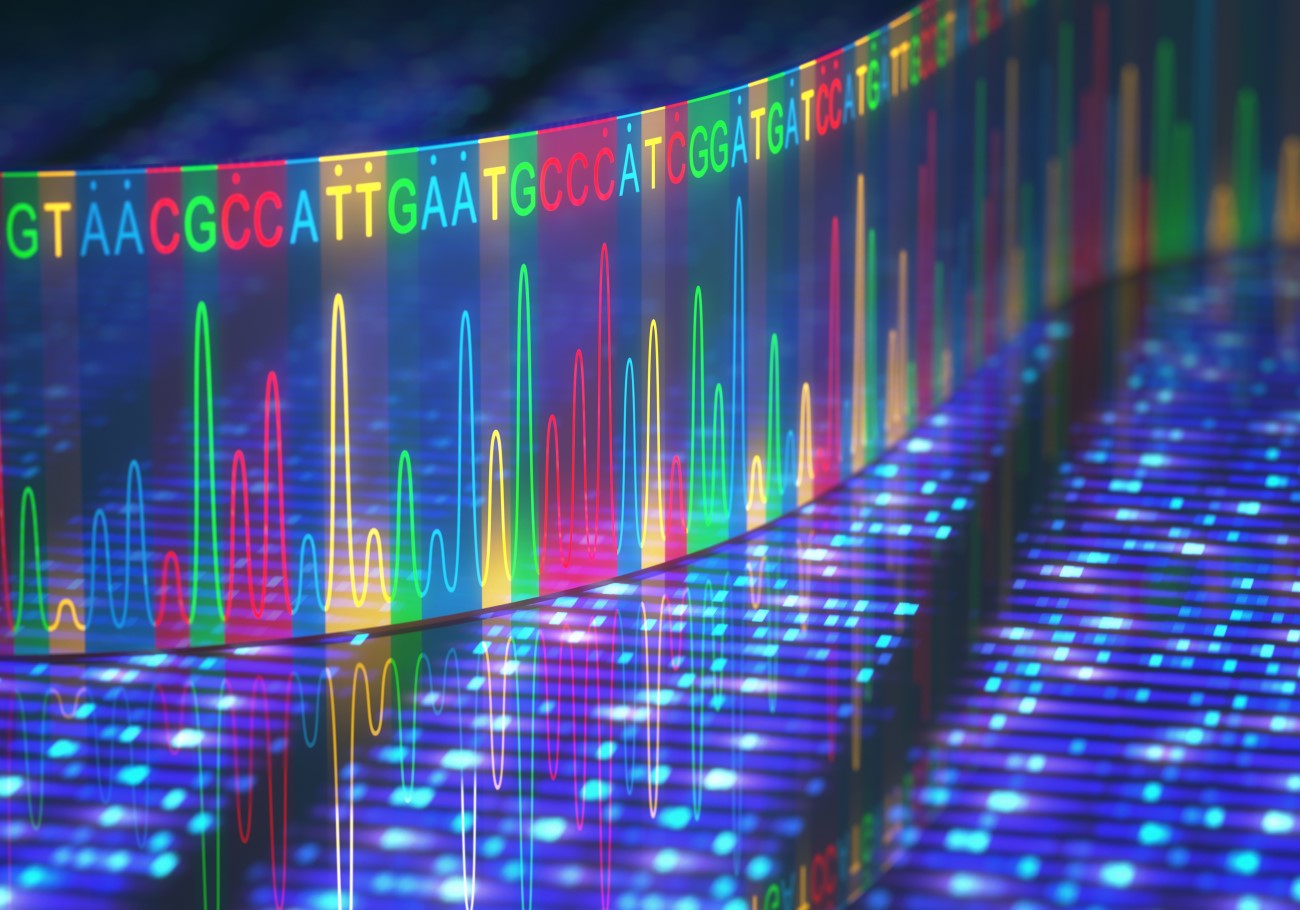
U.S. Supreme Court ruled that naturally occurring DNA cannot be patented
On Jun. 13, 2013, the U.S. Supreme Court Justices ruled 9-0 that naturally occurring DNA cannot be patented, but that synthetically created cDNA is patent eligible. The Court heard arguments in the case of Association for Molecular Pathology v. Myriad Genetics on April 15.
While the court ruled out “natural” DNA patents, it also permitted cDNA patents. Although “cDNA retains the naturally occurring exons of DNA … it is distinct from the DNA from which it was derived,” the court wrote. “As a result, cDNA is not a ‘product of nature’ and is patent eligible.”
This split legal outcome is exactly what many observers predicted. It is also exactly what the Obama administration asked the court to deliver in a legal petition filed earlier this year.
The impact of the decision on other companies may depend on exactly how gene patent claims are worded. While the court ruled out “natural” DNA patents, it also permitted cDNA patents. Although “cDNA retains the naturally occurring exons of DNA … it is distinct from the DNA from which it was derived,” the court wrote. “As a result, cDNA is not a ‘product of nature’ and is patent eligible.”
For many researchers, a split decision was good enough. Francis Collins, director of the National Institutes of Health, who has long argued for limiting private control of DNA data, said that he was pleased with the ruling. “Our position all along has been that patenting DNA in its natural state does not provide any benefit to the public. There have been concerns that you might have a $1000 genome sequence, but a $500,000 royalty fee to use it. We can breathe a big sigh of relief that this will no longer threaten to inhibit the progress of DNA research.”
Tags:
Source: Science
Credit:
